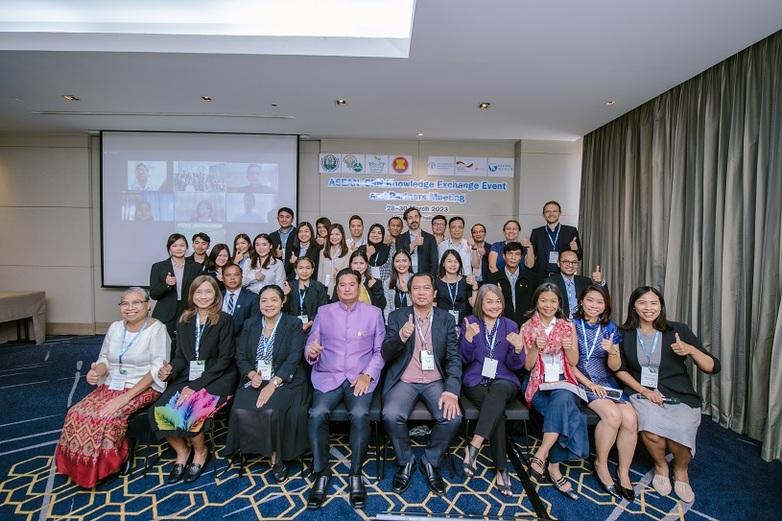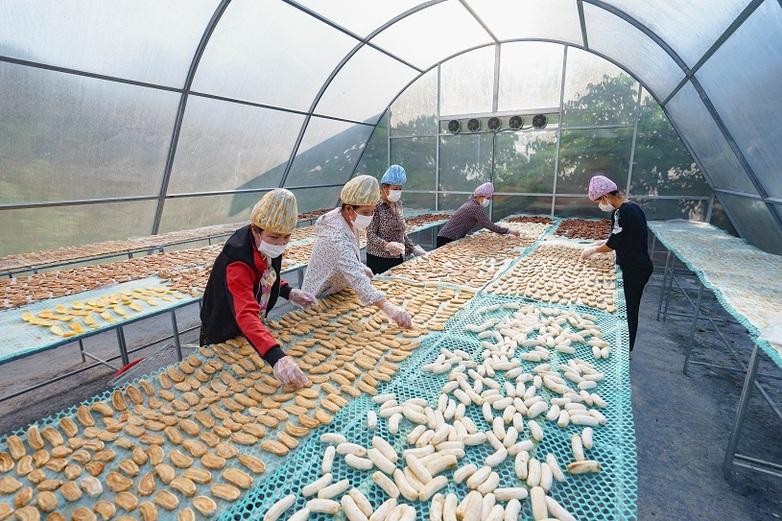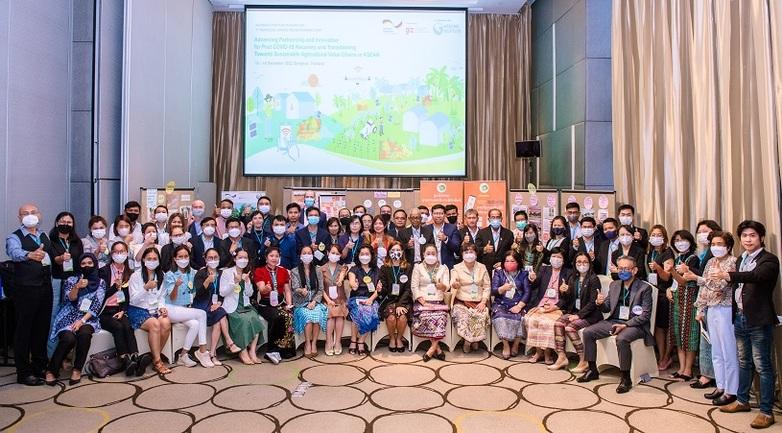Context
The free movement of goods and services is one of the main goals of the Association of Southeast Asian Nations (ASEAN). Agriculture is a major source of income for many of its Member States and is important for regional integration. ASEAN aims to improve the quality of agricultural production and cooperation in the region to boost its internal and external trade. It also strives to improve its production of ‘organic foods’ in line with international standards on quality and environmental protection.
These goals require the harmonisation of standards and the implementation of accreditation and certification schemes. Although many ASEAN Member States have already improved their standards, this does not guarantee them access to global markets. Furthermore, the private sector is lagging behind in its application of standards already in place. To counteract this, the project provides assistance in overcoming barriers to cross-border agricultural trade within ASEAN and beyond. It also helps partners to implement quality, safety and environmental standards more effectively in order to improve integration into regional and global value chains.



